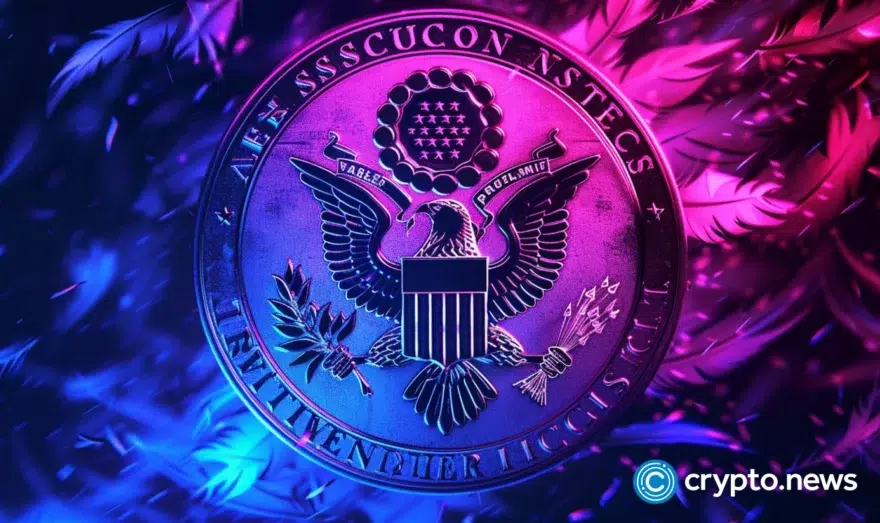Cato Institute survey reveals low US public awareness of CBDCs

A national survey conducted by the Cato Institute results reveal a significant lack of public familiarity with and support for s CBDC.
In a survey from the Cato Institute, results revealed insights about American citizens’ familiarity with, and attitudes towards, financial products and institutions, including a proposed CBDC. The poll surveyed 2,000 individuals, with a margin of error of +/- 2.54%.
Firstly, the survey asked about the financial products owned or used by respondents in the past year. Checking accounts proved most popular, used by 83% of those surveyed. This was followed by debit cards at 74%, savings accounts at 70%, and credit cards at 68%.
More complex financial products such as retirement accounts, stocks, bonds, and mutual funds, had usage rates between 9% to 25%. Digital currencies, like bitcoin, were used by a mere 7%.
Interestingly, the vast majority of respondents (89%) expressed satisfaction with their banking experience. Among them, 53% were “very satisfied,” while 37% were “somewhat satisfied”. Only a small fraction of respondents (7%) were unsatisfied, and 4% did not have a bank.
Familiarity with the Federal Reserve, the central bank of the United States, was found to be relatively high, with 69% of those polled indicating some level of awareness.
However, when asked to express their opinion of the Federal Reserve, only 40% had a favorable view compared to 25% with an unfavorable view. Notably, a sizable 35% did not offer an opinion.
The most revealing aspect of the survey pertains to the proposed introduction of a CBDC by the Federal Reserve. Despite the rising popularity of digital currencies, awareness of CBDCs remains relatively low. Only 28% of those surveyed indicated familiarity with CBDCs, with a 72% claiming no familiarity.
Furthermore, the survey uncovered a degree of skepticism towards the adoption of a CBDC. Only 16% expressed support for the proposal, contrasted by 34% who opposed it.
Notably, almost half of the respondents (49%) neither supported nor opposed the proposal, or simply did not know, suggesting a significant lack of knowledge or a state of ambivalence regarding this potential sea change in the financial landscape.
In conclusion, while Americans show high levels of satisfaction with traditional banking services, and a fair degree of familiarity with the Federal Reserve, they also display a surprising lack of awareness and support for the proposed CBDC.
As discussions about the future of digital currencies and their potential impact on the economy continue, these findings underscore the importance of public education and engagement in financial innovation and policy discussions.
















